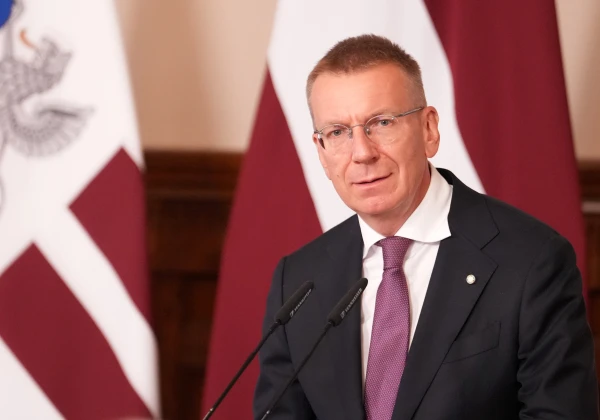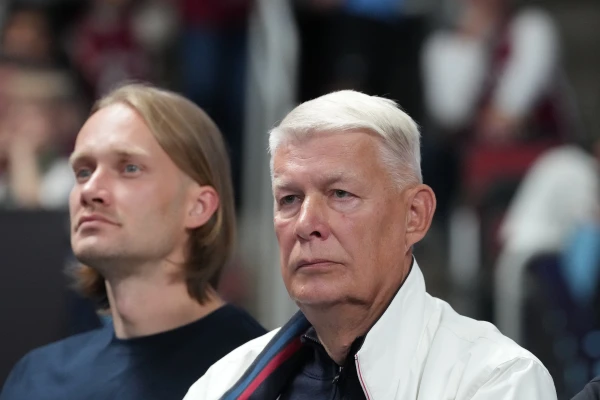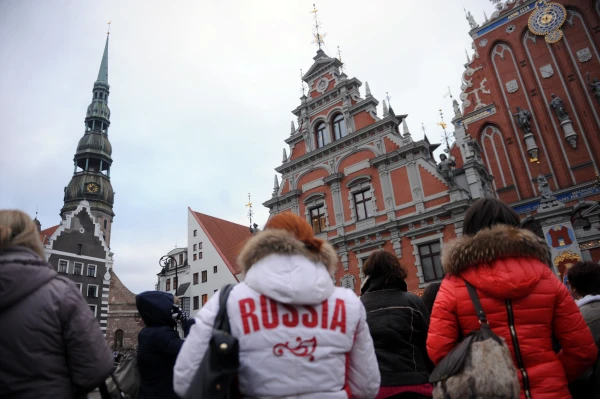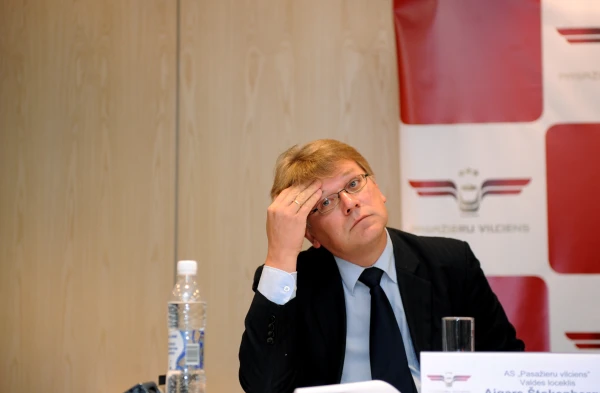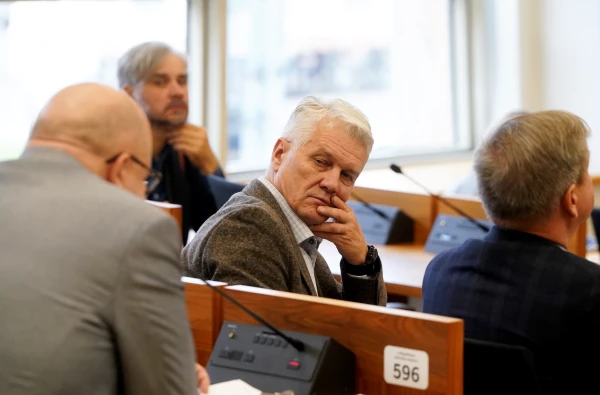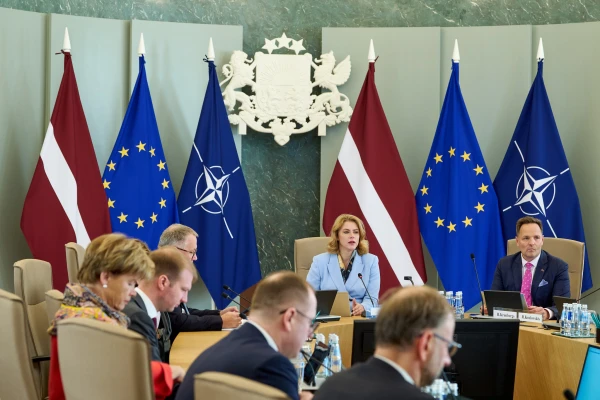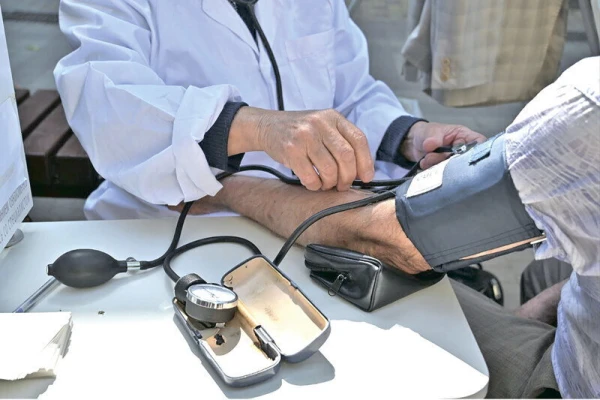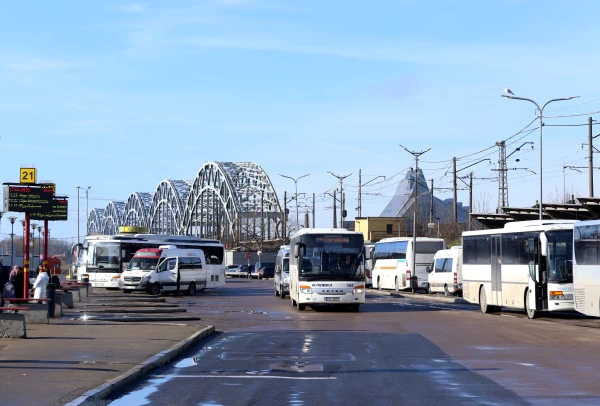
Last month, a truly rare phenomenon occurred in the republic — an "Italian strike" of intercity buses. However, angry taxi drivers claimed that it was an action organized by the owners of the transport company to influence the formation of public orders.
One way or another, the schedule has broken down. And now, the Saeima commission, led by Gatis Liepiņš ("New Unity"), has taken up the pressing issue...
Passenger-kilometers have been cut
It has long been noted that there are corruption risks in the public transport sector. Back in 2023, the Competition Council (CC) stated that AS Liepājas autobusu parks, SIA Latvijas Sabiedriskais Autobuss, and AS Nordeka had entered into a "prohibited agreement" regarding participation in state-organized procurements for service provision by the Road Transport Directorate (RTD). The participants agreed to divide the lots, each equivalent to 15 million km per year. However, instead of commercial benefits, the participants of the "convention" were imposed a monetary fine of 1,974,923.81 euros.
The situation today: the Competition Council has reached a settlement with the Liepāja companies, and their share of the fine has been paid. The other parties have contested the CC's decision and continue the administrative proceedings.
However, on September 12 of this year, the CC received a statement from the Road Transport Directorate that as many as 9 transport companies "may be exchanging commercially sensitive information, agreeing on a uniform amount for compensation claims (retrospectively and in the future) and a general boycott (temporary non-fulfillment of obligations with the RTD)." So far, the Competition Council has limited itself to sending warning letters, "pointing out the inadmissibility..." and is also "conducting an in-depth study of the information received."
As noted by the chairman of the Saeima commission G. Liepiņš, "we see that the public transport system in Latvia has reached a certain deadlock."
– A conceptual solution is needed. The questions are very difficult: what to do with those improperly executed contracts, especially if competition violations have been established. The state is in a known role of a hostage, because, if it terminates the contract, it may be left without passenger transport. The second issue is how to provide public transport in very sparsely populated areas, where the forecasts for a decline in the number of residents, unfortunately, are not very encouraging.
Taxi to the doorstep... of the hamlet
The trend is evident: with the dilution of the population structure in the provinces, the number of passengers is decreasing to a critical level, making it unprofitable to maintain regular routes. On the other hand, the remaining residents need to move somehow if they do not have their own cars? The Ministry of Transport took a creative approach to the situation: the director of the public transport services department, Anniya Novikova, presented the concept of "Transport on Demand."
Help came from the Social Climate Fund Plan, which came into effect on July 2, 2025. The Ministry of Transport plans to invest 36.6 million euros, of which 75% will be funded by the European Union. One of the articles of the plan is to ensure connectivity with "remote rural areas." For this, 57 zero-emission (electric) or low-emission (hybrid) vehicles of categories M1 (passenger cars) and M2 (buses with a total weight of up to 5 tons) are to be purchased.
It is expected that the Road Transport Directorate (a structure of the Ministry of Transport) will "administer transport services on demand, develop a plan for irregular routes"; it will also operate the vehicles, be responsible for their maintenance and drivers; it will ensure the maintenance of a mobile application through which the new service will be called to the home.
Therefore, a potential user will need at least a smartphone — a button phone, which is still available to thousands of pensioners, will not suffice. As an alternative for those who are not familiar with the internet, a function to call an operator is planned.
How much does it cost?
The Ministry of Transport has already calculated that the development of the ordering application will cost 403,255.31 euros; maintaining the page will cost 44,244.52 euros per year; creating a call center and planning routes will amount to 1,151,976.44 euros.
In total, it is planned to spend 4,965,840 euros on transport, i.e., each unit of purchased equipment will cost the budget 87,120 euros. This is the price of a premium-class car in a dealership. Additionally, the costs for electricity and fuel, repairs, technical inspections, tire replacements, maintenance, washing and cleaning, as well as OCTA and KASKO insurance will amount to 1,211,238 euros per year.
To implement the plan, the Ministry of Transport intends to hire 100 drivers, who will receive a total salary fund of 1,543,315.72 euros per year. On average, this amounts to 1,286 euros per person per month, "gross." Not particularly generous, to say the least — it is unlikely that Ms. Novikova herself would drive for such money.
However, perhaps they hope to hire drivers from some underdeveloped countries? It is quite possible — after all, this category of workers is most often filled by migrant workers. However, in this case, there will undoubtedly be difficulties with communication between staff and passengers. So the Ministry of Transport would need to add the cost of training in the state language to the total!
By the way, the director of the department, according to the State Revenue Service, earned 4,265.57 euros per month in 2024.
Meanwhile, those who will ensure the process will receive much more than the drivers. Just consider — the salary fund for "technical personnel" is set at 838,551.81 euros per month, which is more than half of the drivers' fund. However, only 17 people will serve in this area — for "service planning," as well as accounting, supply, and other functions. This results in an average of 4,110 euros per person per month, which is quite livable! Moreover, all employees will be equally insured for health, which will cost 587.01 euros per person per year.
The cherry on top
An interesting aspect is the construction of a network of electric charging stations — although there are plenty of them in the country now, the innovation requires its own system. Therefore, 662,323 euros will be spent on 10 units. This includes, as required — "design, site adaptation, construction, balancing electrical load, etc."
The premises for administration and the call center are planned to be rented — for 53,222.08 euros per year. Also, technical means for monitoring vehicles and computer equipment — at 3,025 euros per unit. These are quite astronomical figures for computers as well.
And as the cherry on top — 121,000 euros for "Communication Expenses." That is, "conducting events to inform the public about the service and its application."
— This is a completely different model than before, — stated G. Liepiņš.
However, considering that the territory of Latvia is 64,589 sq. km, each vehicle purchased under the above project will have to serve an area of approximately 1,133 sq. km, which is three times the area of the city of Riga. Isn't that a bit too much?


